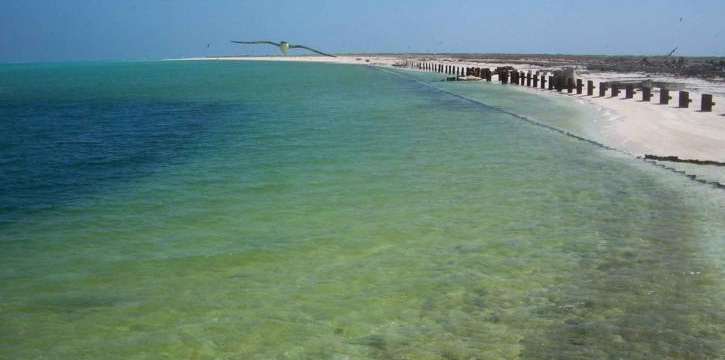It's a New Day in Public Health.
The Florida Department of Health works to protect, promote, and improve the health of all people in Florida through integrated state, county, and community efforts.
Blue Green Algae Safety Tips
Environmental Health
- 904-253-1280
- DuvalEH@flhealth.gov
-
Fax
904-253-2390 -
Mailing Address
921 N. Davis St.
Bldg. A, Suite 251
MC-45
Jacksonville, Florida 32209
The Florida Department of Health in Duval County (DOH-Duval) reminds individuals to avoid exposure to algal blooms in the St. Johns River and other water bodies in Florida.
Blue-green algae are a group of organisms that can live in freshwater, salt-water, or in mixed "brackish" water and may commonly be referred to as pond scum. They also are referred to as cyanobacteria. Most blue-green algae do not produce chemicals harmful to humans or animals, however, some types make natural substances called cyanotoxins. Over time, these toxins are diluted and eventually break down and disappear.
Blue-green algae toxins can affect the liver, nervous system, and skin. Most problems occur when water containing high amounts of toxin amounts are ingested. Abdominal cramps, nausea, diarrhea, and vomiting may occur if any untreated surface water is swallowed. Direct contact or breathing airborne droplets containing high levels of algal toxins during swimming or showering can cause irritation of the skin, eyes, nose, and throat. Rashes can develop when skin is exposed to the algae. Individuals should avoid coming in to contact with a blue-green algae bloom, especially children and pets. Boiling water does not remove or destroy these toxins.

DOH-Duval recommends people refrain from recreational water uses that could result in ingestion of and/or skin exposure to algal blooms in the river. Children should also not be allowed to play along the shoreline where they might be exposed to clumps of algae or drink water from the river. DOH also recommends that fish caught in or near the bloom not be consumed.
The Florida Department of Health is working with other state and local agencies to assess concentrations of algal toxins in the St. Johns River.
For more information on where to find where blue green algae (cyanobacteria) is located, contact The Florida Department of Environmental Protection (DEP) at 1-855-305-3903 or visit the DEP website.



Connect with DOH